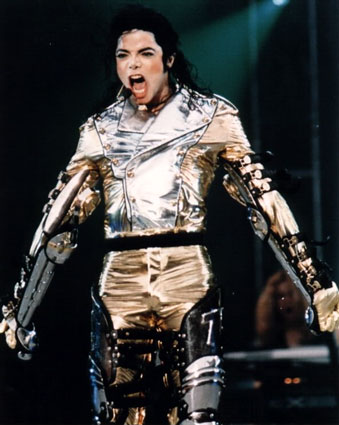Nuclear weapon
"A-bomb" redirects here. For other uses, see A-bomb (disambiguation).
The mushroom cloud of the atomic bombing of Hiroshima, Japan on August 6, 1945 rose some 18 kilometers (11 miles) above the bomb's hypocenter.
Thus, even single small nuclear devices no larger than traditional bombs can devastate an entire city by blast, fire and radiation. Nuclear weapons are considered weapons of mass destruction, and their use and control has been a major focus of international relations policy since their debut.
In the history of warfare, only two nuclear weapons have been detonated offensively, both near the end of World War II. The first was detonated on the morning of 6 August 1945, when the United States dropped a uranium gun-type device code-named "Little Boy" on the Japanese city of Hiroshima. The second was detonated three days later when the United States dropped a plutonium implosion-type device code-named "Fat Man" on the city of Nagasaki, Japan. These bombings resulted in the immediate deaths of an estimated 80,000 people (mostly civilians) from injuries sustained from the explosion. When factoring in deaths from long-term effects of ionizing radiation and acute radiation sickness, the total death toll is estimated at 120,000. The use of these weapons remains controversial.
Since the Hiroshima and Nagasaki bombings, nuclear weapons have been detonated on over two thousand occasions for testing purposes and demonstration purposes. A few states have possessed such weapons or are suspected of seeking them. The only countries known to have detonated nuclear weapons—and that acknowledge possessing such weapons—are (chronologically) the United States, the Soviet Union (succeeded as a nuclear power by Russia), the United Kingdom, France, the People's Republic of China, India, Pakistan, and North Korea. Israel is also widely believed to possess nuclear weapons, though it does not acknowledge having them.[2]










0 Comments